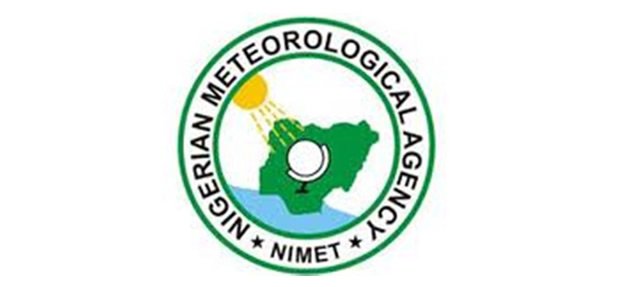The Nigerian Meteorological Agency (NiMet) has teamed up with the Nigeria Centre for Disease Control (NCDC) to improve disease preparedness and response, particularly in relation to climate-sensitive diseases such as cholera and malaria.
The collaboration, announced on NiMet’s X handle today, aims to create a more structured framework for data sharing to improve situational awareness and predictive models for disease outbreaks linked to climate patterns.
NiMet’s Director General, Charles Anosike, stated the critical role of climate change in exacerbating health risks. “Climate change is the most impactful threat to our health,” he stated. “This partnership with NCDC will enhance our preparedness and response systems, enabling us to better protect citizens from climate disasters.”
The partnership will focus on linking climate data with disease outbreaks, allowing for more accurate risk assessments.
NCDC’s Director General, Jide Idris, hailed the collaboration, noting that it marks a new phase in the country’s health response strategy. “This synergy will strengthen our ability to prevent and address health threats, creating a healthier and more climate-resilient Nigeria,” Idris said.
Climate-sensitive diseases, including malaria, cholera, and Lassa fever, are becoming more prevalent in Nigeria as changing weather patterns fuel their spread. For instance, malaria thrives in rainy seasons, while cholera outbreaks are often triggered by flooding and poor sanitation.
The partnership aims to mitigate these risks by using climate data to inform disease prevention and response measures.
This collaboration also supports the UN’s early warning system initiative, further underlining the importance of cross-sectoral efforts in addressing climate-related health challenges.



Blue Techker I appreciate you sharing this blog post. Thanks Again. Cool.